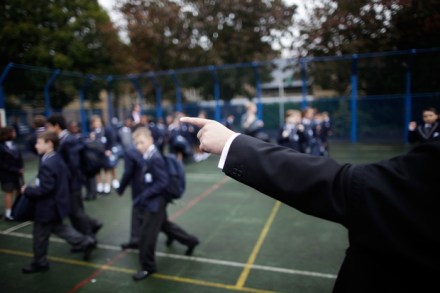Letters | 28 July 2016
Better Europeans Sir: There are many reasons why a majority of people in the UK voted to leave the European Union. Among them was certainly not a wish to be inhospitable and uncooperative with our fellow Europeans (Leading article, 23 July). Now it is even more important that EU nationals in Britain should have their status respected and not be used as a bargaining point in future relations with Brussels. Nor should we forget the considerable contribution that so many of them make to our national wellbeing. Furthermore, what about the two million or so UK nationals living and settled in many parts of Europe? Are they to be ignored




